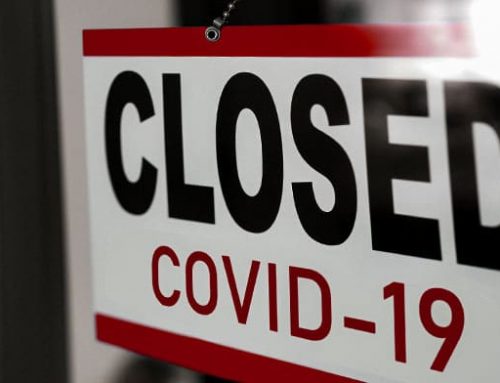Divorce is a complicated and most often a difficult experience for couples. It is especially hard when money is involved — the emotional and financial connection is broken. Couples divorcing or end a relationship will have to decide how to split up anything and everything from furniture, possessions, the dog? and any debt that was accumulated in the marriage or partnership.
Who is responsible for which debt? More importantly, how does each spouse protect themselves from the responsibility of an ex’s debt?
Technically, if your name is not listed on the debt, you are not legally responsible. So, if you are breaking up or going through a divorce, there may be a moral obligation to the other partner, especially whatever incurred in the debt benefited both of you. This is only a moral obligation that really depends on the nature of the relationship, where you live, and if you were married to your partner.
 How should each person handle debt in a breakup? If not married, the person who has his or her name is on the debt is responsible for repayment. Unfortunate debt circumstances happen in many relationships. It’s when the relationship ends that makes life a bit more tricky. For example, you and your partner accumulate a balance on a credit card with the expectation or unwritten agreement that each would contribute to the payment. Reality? The name on that card is the person legally responsible for the bill.
How should each person handle debt in a breakup? If not married, the person who has his or her name is on the debt is responsible for repayment. Unfortunate debt circumstances happen in many relationships. It’s when the relationship ends that makes life a bit more tricky. For example, you and your partner accumulate a balance on a credit card with the expectation or unwritten agreement that each would contribute to the payment. Reality? The name on that card is the person legally responsible for the bill.
Clearly, the best way to handle debt in the event of a breakup is to work together. Come to an agreement on how to fairly split up the debt that was incurred while a couple. When the relationship is ending, however, this is definitely the part of breaking up that’s hard to do.
A cohabitation agreement may be established for couples not married to protect themselves from a potential breakup. Deciding in advance how debt or property would be divided in case of a split may help any discussion about handling debt. An official contract such as a cohabitation agreement is an advantage when dealing with debt and a breakup.
Without a written agreement, a couple will have to settle on how to pay the debt, or possibly take the issue to small claim court for a judge to decide. A fair manner may be a 50/50 split. Sometimes a couple can agree on an amount that is proportional to each income.
If you are married and have debt, then go through a divorce, specific rules do apply to your debt depending in which state you live. Debt before marriage stays with that spouse in a divorce. Debt accumulated together, however, will be assessed according to the state law.
Arizona is a “common-law” state, which means if a spouse’s name is on the debt, it is their responsibility once divorced. It is best to consult with an experienced divorce Arizona attorney, as each case has unique circumstances. Whether or not the debt is considered marital debt, or how the debt is related to the divorce case should be discussed with a lawyer.
Another way couples getting married protect themselves financially is through a prenuptial agreement. This contract is fairly common, and a spouse need not have tons of money or assets to access this agreement. A prenup is a contract to help make sure both partners understand who is responsible when it comes to finances and debt.





